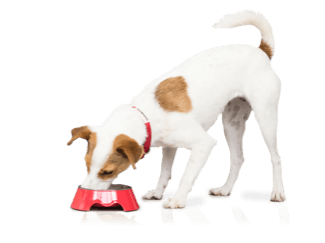
Uzman Köpek Bakımı
Köpekler hakkında bilmeniz gereken her şeye sahibiz! Köpek tavsiyesinden bakım ipuçlarına kadar burada daha fazla bilgi edinin.
12 makaleden 18 Makale'si görüntüleniyor
popüler makaleler
Köpekler hakkında bilmeniz gereken her şeye sahibiz! Köpek tavsiyesinden bakım ipuçlarına kadar burada daha fazla bilgi edinin.